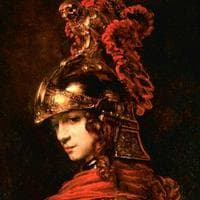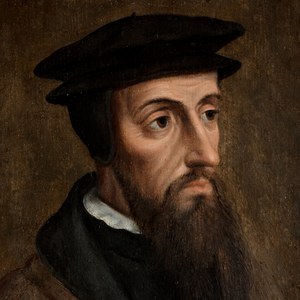Ziusudra / Utnapishtim mbtiパーソナリティタイプ
個性
"Ziusudra / Utnapishtimはどのような性格タイプですか? Ziusudra / Utnapishtimは、INTJ in MBTI、1w9 - so/sx - in Enneagram、 in Big 5、 in socionics のパーソナリティタイプです。"
The gods have decided not to save mankind from an impending flood. Zi-ud-sura/Atrahasis, the king and gudug priest, learns of this. Ea, or Enki in Sumerian, the god of the waters, warns the hero and gives him instructions for building an ark. The god Enki (lord of the underworld sea of fresh water and Sumerian equivalent of Babylonian god Ea) warns Ziusudra, the ruler of Shuruppak, to build a large boat (the passage describing the directions for the boat is also lost). A terrible storm raged for seven days and nights. "The huge boat had been tossed about on the great waters." Then Utu (Sun) appears and Ziusudra opens a window, prostrates himself, and sacrifices an ox and a sheep. After another break, the text resumes with the flood apparently over, and Ziusudra is prostrating himself before An (Sky) and Enlil (Lordbreath), who give him "breath eternal" for "preserving the animals and the seed of mankind". They caused to dwell in the land of the country of Dilmun/Eden/Paradise/Bahrain, the place where the sun rises. This Sumerian deluge story corresponds to localized river flooding at Shuruppak (modern Tell Fara, Iraq) and various other cities as far north as Kish, as revealed by a layer of riverine sediments, radiocarbon dated to c. 2900 BCE, which interrupt the continuity of settlement. Polychrome pottery from the Jemdet Nasr (oldest Pre-Literature known) period (c. 3000–2900 BCE) was discovered immediately below this Shuruppak flood stratum.
バイオグラフィー
Ziusudra (Old Babylonian: 𒍣𒌓𒋤𒁺 zi-ud-su₃-ra₂, Neo-Assyrian: 𒍣𒋤𒁕 zi-sud-da, Greek: Ξίσουθρος, translit. Xísuthros) of Shuruppak (c. 2900 BC) is listed in the WB-62 Sumerian king list recension as the last king of Sumer prior to the Great Flood. He is subsequently recorded as the hero of the Sumerian creation myth and appears in the writings of Berossus as Xisuthros. Ziusudra is one of several mythic characters who are protagonists of Near Eastern flood myths, including Atrahasis, Utnapishtim and the biblical Noah. Although each story displays its own distinctive features, many key story elements are common to two, three, or all four versions.
















